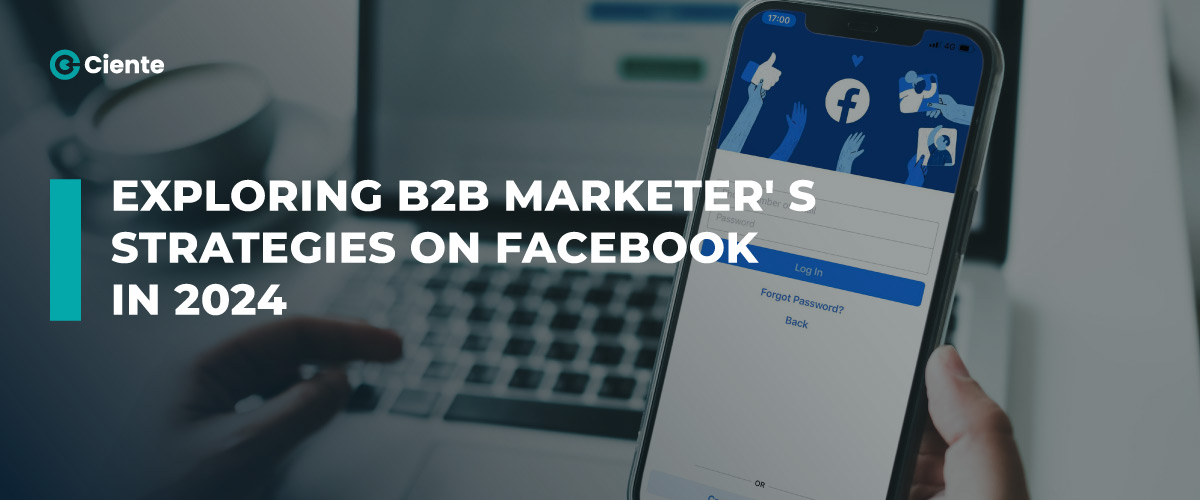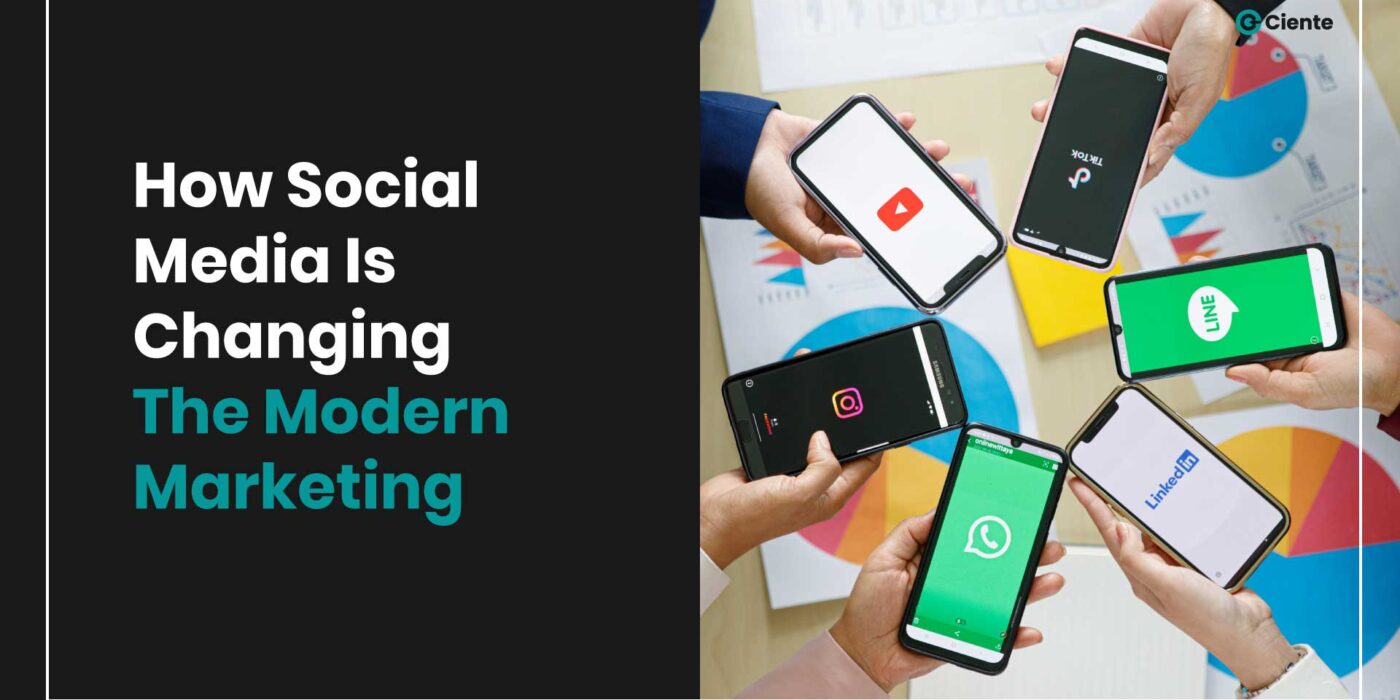Exploring B2B Marketers’ Strategies on Facebook in 2024
From cat videos to CEOs, Facebook’s 2.9 billion users are a mixed bag. How are B2B marketers tailoring their strategies to win over every scroll?
Facebook is the most misunderstood platform when it comes to marketing. While many people assume that platforms like Instagram and LinkedIn have taken over advertising, they fail to understand that Facebook still stands strong and capitalizing it’s strengths should be a priority for businesses.
A platform becoming vague amongst Gen Z for their social life, Facebook sure continues to be of prime importance when it comes to B2B marketers.
Facebook for B2B: Why It’s Still a Marketing Powerhouse
Here’s why marketers are still crazy about Facebook:
- Facebook has 2.9 billion user accounts – clearly, there is an untapped market you can take advantage of.
- You can target specific demographics.
- FB can help you increase brand engagement with prominent decision-makers and create more brand awareness.
- You get to self-select audience targeting. giving your business a high level of control and transparency over your target audiences.
- You can make people aware of what you have to offer in the manner they would understand best.
- You can use attractive visuals and compelling copy to create ads that resonate with your target audience and generate more leads.
- You can reach the audience who matter to your business and focus on increasing sales.
- You can create an effective ad with a goal like increasing brand awareness, generating leads, or selling products or services.
The advantages are many, and organizations must capitalize on them. But the question is how?
Diving Deeper into B2B Facebook Marketing Strategies
Define your marketing objectives:
When it comes to Facebook marketing, it’s crucial to clearly outline your goals. These may include enhancing brand awareness, generating leads, or driving sales, depending on your business objectives.
Determine your target audience:
Identify your ideal customers based on factors like age, location, job roles, and interests. For example, if your business specializes in B2B software solutions, focus on professionals in the technology sector.
Establish a consistent posting schedule:
Regularly share content on your business page to maintain audience engagement.
Execute a content marketing plan:
Share valuable and relevant content resonating with your target audience. Considering your target audience is in finance, you would want to share content related to financial trends, regulatory updates, or industry best practices,
Engage with your audience:
Respond to comments, address questions, and actively participate in discussions to cultivate relationships with potential customers. This seems like a small step but it can take you a long way in establishing trust and loyalty with your prospects.
Develop a Facebook Ads strategy:
Leverage targeted advertising to reach specific demographics and boost lead generation. For example, if you offer HR consultancy services, tailor ads to HR professionals seeking strategic solutions.
Implement remarketing campaigns:
Connect with leads by targeting users who have previously interacted with your brand or website. It has a higher chance of conversions.
Create high-quality video content:
Utilize video marketing to showcase products, services, or industry insights. Consider creating product demo videos or thought leadership interviews that resonate with your B2B audience.
Participate in relevant groups:
Join and actively engage in industry-specific Facebook groups to establish connections and generate leads.
Stay informed about the latest algorithm:
Stay updated on algorithm changes and adjust your content strategy accordingly.
Use short-form content:
Use short-form content formats like Stories or Live videos to connect with your audience and showcase your brand.
Looking into the future
The one thing that is clear as we move into 2024 is that Facebook is definitely more than just an advertising technology platform. It has dynamic and vast offers for you – from building engaged communities to finding the solution you were always looking for. Facebook should be your go-to tool for B2B marketing – it’s a hard truth that needs to be accepted. And if you play the right moves, it can help you become trusted resources, provided you engage in conversations, build relationships, and showcase your expertise.
So, are you ready to leverage Facebook for better ROI?


